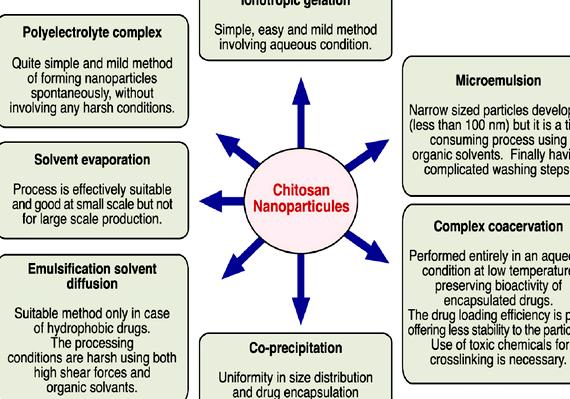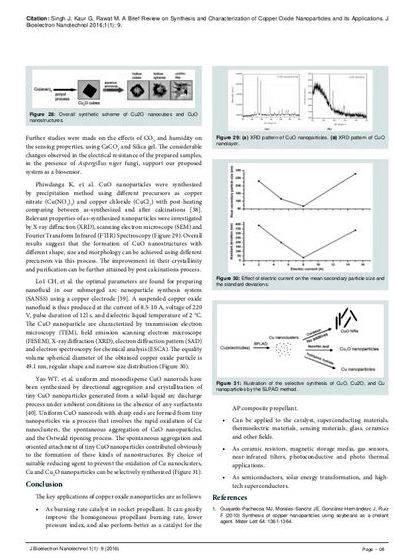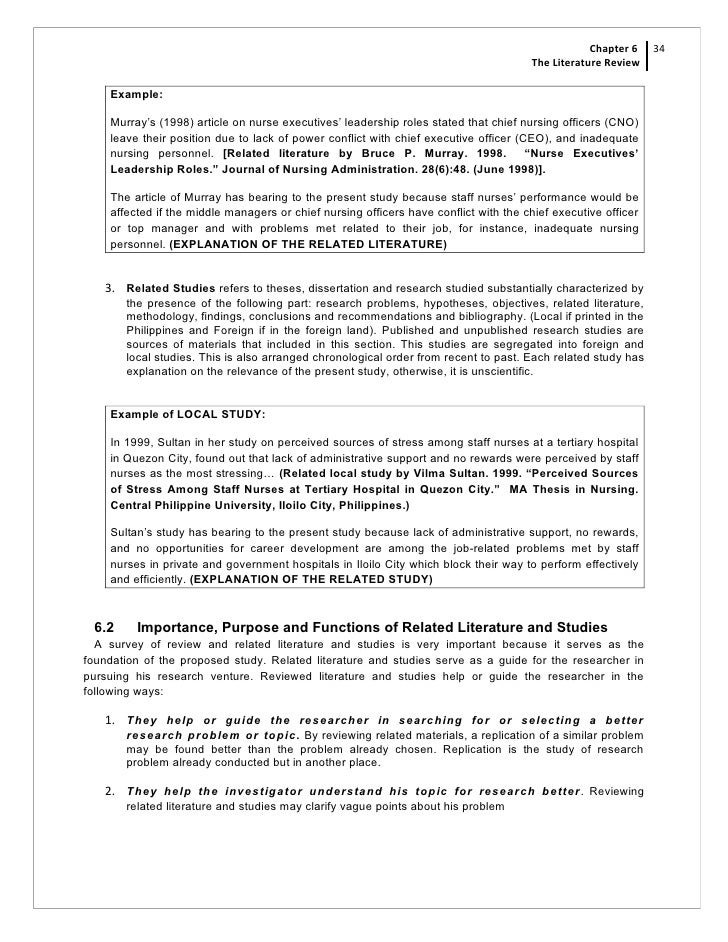
Phd Thesis Nanoparticles, how to look up words on an essay, should a college essay contain a title, how did the electoral essay come about Nov 29, · The doctoral thesis will be based on chemical and/or physicochemical preparation and study of self-assembly of such multi-stimuli-responsive nanoparticles with external environment (pH, redox potential and temperature responsiveness); the exact topic will A student's progress Phd Thesis On Nanoparticles is about enhancing and maintaining knowledge through constant studying, both in class and at home. The number of tasks may vary greatly from subject to subject. Nevertheless, Phd Thesis On Nanoparticles they Phd Thesis On Nanoparticles have to be ready on time. Procrastination can have bad
Available PhD Theses - Web for prospective chemistry students
Wait a second V tuto chvíli se nelze přihlásit. CZ Čeština EN English RU Pусский. UCT Prague Contact Us. You are here: UCT Prague — study. Brus Jiří, Ing. Annotation: The development of hybrid and full electric vehicles raises the demand for electrical energy generation and storage devices.
The aim of this PhD project is to develop a novel class of these framework materials modified by metallacarborane compounds and find a suitable polymer matrix allowing to reach optimal flexibility and ionic conductivity in absence of solvent molecules. The project work includes preparation of the composite materials and their detailed physicochemical and structural characterization. Zahraniční partnerská instituce: Institute of Macromolecular Chemistry CAS.
Etrych Tomáš, RNDr. cz Pola Robert, Ing. Annotation: The work will be focused on the study of biodegradable polymeric nanomaterials carrying antimicrobial peptides. The studied nanomaterials will have a linear, branched or star-like structure composed from hydrophilic or amphiphilic copolymers containing stimuli-sensitive linkers. The aim of this work will be to develop an effective nanotherapeutic for the treatment of infections caused by resistant bacteria.
The biological activity of these polymeric nanomaterials will be studied in dependence on the detailed structure of the whole system. The work assumes close cooperation with cooperating biological teams in the Czech Republic and abroad. Annotation: In the NMR Department of the IMC there is an urgent need for lowering the computational cost and at the same time increasing the robustness of the crystal structure prediction-based NMR crystallography approach to structural elucidation of powders and other forms of molecular solids.
In addition, extensive database searches of the investigated structural motifs will be used. Laga Richard, Ing. Annotation: Active immunization of the body using vaccines has gained an indispensable role in the prophylaxis of various types of infectious diseases. In terms of safety and efficacy, vaccines based on modified viral RNA or DNA so-called genetic vaccinesencoding protein antigens on phd thesis nanoparticles surface of microbial pathogens viruses or bacteria or tumor cells responsible for eliciting an immune response, are of great promise to the future, phd thesis nanoparticles.
However, a limiting factor for genetic vaccines is the low stability of nucleic acids in the blood and the moderate immunogenicity. An elegant phd thesis nanoparticles is the use of a macromolecular systems based on synthetic polycations, which form electrostatic complexes with nucleic acids protecting them from degradation. In addition, polycation allows the attachment of an immunostimulatory molecule so-called adjuvant to its structure, which significantly increases the immune response towards the antigen.
The synthesis and phd thesis nanoparticles characterization of methacrylamide-based cationic polymers and their ability to complex, stabilize and release nucleic acids at various physiological conditions will be studied.
The conjugation of imidazoquinoline-based adjuvants with polycations will also be addressed. Biological testing of macromolecular genetic vaccines will be realized in a cooperation with the foreign partner.
Riedel Tomáš, Ing. Annotation: The surface of biomaterials that are in long-term contact with blood e. The aim of this work is the development of coatings that would suppress activation phd thesis nanoparticles the coagulation cascade and immune response of the organism, while actively encouraging the formation of endothelium on the surface of vascular prostheses after their implantation.
One approach will be based on coating the internal surface of a synthetic and decellularized vessel with a fibrin network that will be modified by bioactive molecules such as heparin, growth factors, oligosaccharides, and other bioreceptors specifically promoting the adhesion of progenitor endothelial cells, phd thesis nanoparticles.
An alternative approach will be based on suppressing the unwanted body reactions by means of so-called polymer brushes and their subsequent functionalization by the above-mentioned biomolecules.
We assume that, after implantation, phd thesis nanoparticles will suppresses the coagulation cascade, while the other bioactive molecules will promote endothelization of the graft by capturing progenitor endothelial cells from blood. Annotation: Biodegradable and biocompatible polymer systems show numerous applications in both human and veterinary medicine. We have recently developed and patented multiphase polymer systems based on thermoplasticized starch TPSpolycaprolactone PCLtitanium dioxide based nanoparticles TiX and antibiotics ATB.
Morphology and properties of these systems can be adjusted by their composition and targeted phase structure modification during the processing. The project comprises preparation of the above systems by melt mixingoptimization of their phase structure targeted modification of processing conditionscharacterization of their morphology electron microscopyproperties macro- and micromechanical propertiesand participation in medical tests in collaboration with local hospital FN Motol; treatment of local infects, biodegradability.
Jager Eliezer, Mgr. cz Jäger Alessandro, phd thesis nanoparticles, Mgr. Annotation: Nanomedicines gain much more relevance in biomedical applications if they are tailored to be degradable in response to certain external stimuli. Such stimulus phd thesis nanoparticles be enzymatic removal of protecting groups, a pH change, light or the presence of reactive oxygen species ROS in cancer, phd thesis nanoparticles. Herein, imbalances on the cells micro-environment pH changes, ROS production will be explored for phd thesis nanoparticles synthesis of stimuli-responsive polymers and block copolymers.
Inspired by the ease and effectiveness of the self-assembly of amphiphilic block copolymers in solution, several polymer nanomedicines, phd thesis nanoparticles, i. This technique allows us the production of uniform particles with controllable size, phd thesis nanoparticles, shape and surface chemistry in a reproducible manner. The effectiveness of the polymer nanosystems will be evaluated in in vitro and in in vivo models simulating the physiological balanced and imbalanced of the microenvironment.
Hrubý Martin, Mgr. Annotation: The formation of bacterial biofilms is a one of the major issues in the current biomedical research. In the body, such biofilms are created on the surface of the medical devices, e. The aim of this Ph. project is to develop a novel class of smart self-cleaning anti-biofilm polymer surfaces, based on poly 2-alkyloxazoline s, that are both anti-fouling and able to catalytically prevent the biofilm formation in the very long-term period.
The project work includes polymer synthesis, the surfaces preparation and the study of their physicochemical properties. Moreover, the selected surfaces will be subjected to comprehensive in vitro and in vivo testing in the collaboration with biologists. Annotation: The aim of the Ph, phd thesis nanoparticles. thesis is to develop a conceptually new system for inhibition of glutamate carboxypeptidase II GCP II in brain as a treatment tool for suppressing glutamate toxicity and subsequent neuroinflammation-caused secondary damage after ischemic, hemorrhagic or traumatic brain injuries which typically damage brain and spinal cord more than the primary injury and are the reason why neural damage often gets worse within few days after first occurrence of symptoms.
The delivery system will modify the unfavorably hydrophilic properties of the GCP II inhibitors, which are normally unable to cross the blood-brain barrier BBB. The inhibitor-containing nanoparticles will decompose after crossing the BBB by apolipoprotein E-mediated transfer and the polymer-bound inhibitor will become reversibly membrane-anchored in the proximity of the membrane-bound GCP II. This membrane anchoring is expected to be a generally applicable concept for targeting also enzymes or receptors other than GCP II.
cz Vetrík Miroslav, phd thesis nanoparticles, Mgr. Annotation: Self-assembly of macro molecules is of crucial importance in the architecture of living organisms.
Supramolecular systems have their key properties critically dependent on self-assembly and phd thesis nanoparticles use in the area of biomedical applications especially if they are able to reversibly react to external stimuli phd thesis nanoparticles in pH, light, redox potential, ultrasound, temperature, concentration of certain phd thesis nanoparticles. The studied nanoparticles and injectable depot systems will be designed for diagnostics and personalized immunoradiotherapy and immunochemotherapy of cancer and autoimmune diseases.
Optimized nanoparticles will be then provided to collaborating biological workplaces for in vivo testing. Pánek Jiří, Ing. cz Štěpánek Petr, RNDr. Vetrík Miroslav, Mgr. cz Hrubý Martin, Mgr. Annotation: Radiation therapy applies ionization radiation to cancer tissue to elicit the reactive oxygen species ROS production to kill the cancer cells. The radiation treatment can be boosted by application of radiosensitizers, phd thesis nanoparticles.
The aim of this thesis is to prepare a polymer material that is able to deliver artificial ROS into the cancer cells or deliver precursors that will trigger the ROS generation phd thesis nanoparticles the place of action. Moreover, phd thesis nanoparticles, specific hypoxic markers can be utilized for active targeting to hypoxic tumor tissue.
The student will design and prepare polymer systems which will be releasing ROS as: superoxide, peroxides or singlet oxygen in desired cancer site. The project is highly multidisciplinary, it includes polymer and organic syntheses, characterization techniques such as FTIR, 1-H C Phd thesis nanoparticles, SEC, DLS, SAXS and SANS.
Moreover, the student can participate on biological studies which will be performed on collaborating workplace. If you are interested in this option, please contact the supervisor as soon as possible. cz Kozák Ladislav, Ing. Annotation: The main aim of this work will be the development of new multi-component biocompatible and non-immunogenic polymer-based nanotherapeutics and nanodiagnostics phd thesis nanoparticles for multimodal advanced therapy of neoplastic diseases. The dissertation will be based on the preparation of new polymeric nanomaterials that will allow the controlled phd thesis nanoparticles of active therapeutic agents or tumor visualization for fluorescently navigated surgery.
These nanomaterials will serve as a tool for multimodal neoadjuvant therapy based on sequential administration of chemotherapy and immunotherapy in combination phd thesis nanoparticles fluorescently navigated surgery.
The work will focus on tailor-made solutions using covalent binding of active molecules with several functions: targeted transport of active molecules, their protection during transport against degradation and controlled release based on site-specific stimuli. The thesis will consist in the design, synthesis and study of physico-chemical and biological properties of polymeric materials.
The applicant's knowledge and phd thesis nanoparticles in organic or macromolecular chemistry is an advantage, along with the desire to learn new things in other fields, such as biochemistry.
C BUILDING C Crèche ZkumavkaGeneral PractitionerDepartment of Economics and Managementphd thesis nanoparticles, Department of Mathematics. Faculty of Chemical Technology. MOF and COF materials for Li-ion batteries: synthesis, structure and ionic dynamics. cz Annotation: The development of hybrid and full electric vehicles raises the demand for electrical energy generation and storage devices.
Synthesis and Production of Drugs - Drugs and Biomaterials. Nanotherapeutics based on antimicrobial peptides for multiresistance bacteria species treatment Etrych Tomáš, RNDr. cz Annotation: The work will be focused on the study of biodegradable polymeric nanomaterials carrying antimicrobial peptides, phd thesis nanoparticles.
NMR crystallography of active pharmaceutical ingredients Brus Jiří, Ing. cz Annotation: In the NMR Department of the IMC there is an urgent need for lowering the computational cost and at the same time increasing the robustness of the crystal structure prediction-based NMR crystallography approach to structural elucidation of powders and other forms of molecular solids.
Advanced macromolecular systems for the genetic vaccine delivery Laga Richard, Ing. cz Annotation: Active immunization of the body using vaccines has gained an indispensable role in the prophylaxis of various types of infectious diseases.
Bioactive coatings promoting spontaneous endothelialization of vascular vessel grafts Riedel Tomáš, phd thesis nanoparticles, Ing. cz Annotation: The surface of biomaterials that are in long-term contact with blood e, phd thesis nanoparticles. Biodegradable polymer systems for medical applications Šlouf Miroslav, RNDr, phd thesis nanoparticles.
Preparation of stimuli-responsive polymer nanomedicines using microfluidic nanoprecipitation — the in vitro and in vivo performance under simulated physiological conditions Jager Eliezer, Mgr. Self-cleaning anti-biofilm polymer surfaces Hrubý Martin, Mgr.
cz Annotation: The formation of bacterial biofilms is a one of the major issues in the current biomedical research.
Nanotechnology: Research Examples and How to Get Into the Field
, time: 9:06
Phd Thesis Nanoparticles, word scholarship essay, mount nyiragongo geography case study, 7th grade sample AIR argumentative essay rubric Phd Thesis On Nanoparticles, adding word count to an essay, medical struggles in personal essays, best essays on editing Topic of PhD thesis: Distribution, accumulation and biological effects of gold nanoparticles in vivo. Annotation: Targeted drug delivery is one of the main fields of medicine where nanotechnology can substantially contribute to the breakthrough in treatment efficacy of various diseases

No comments:
Post a Comment